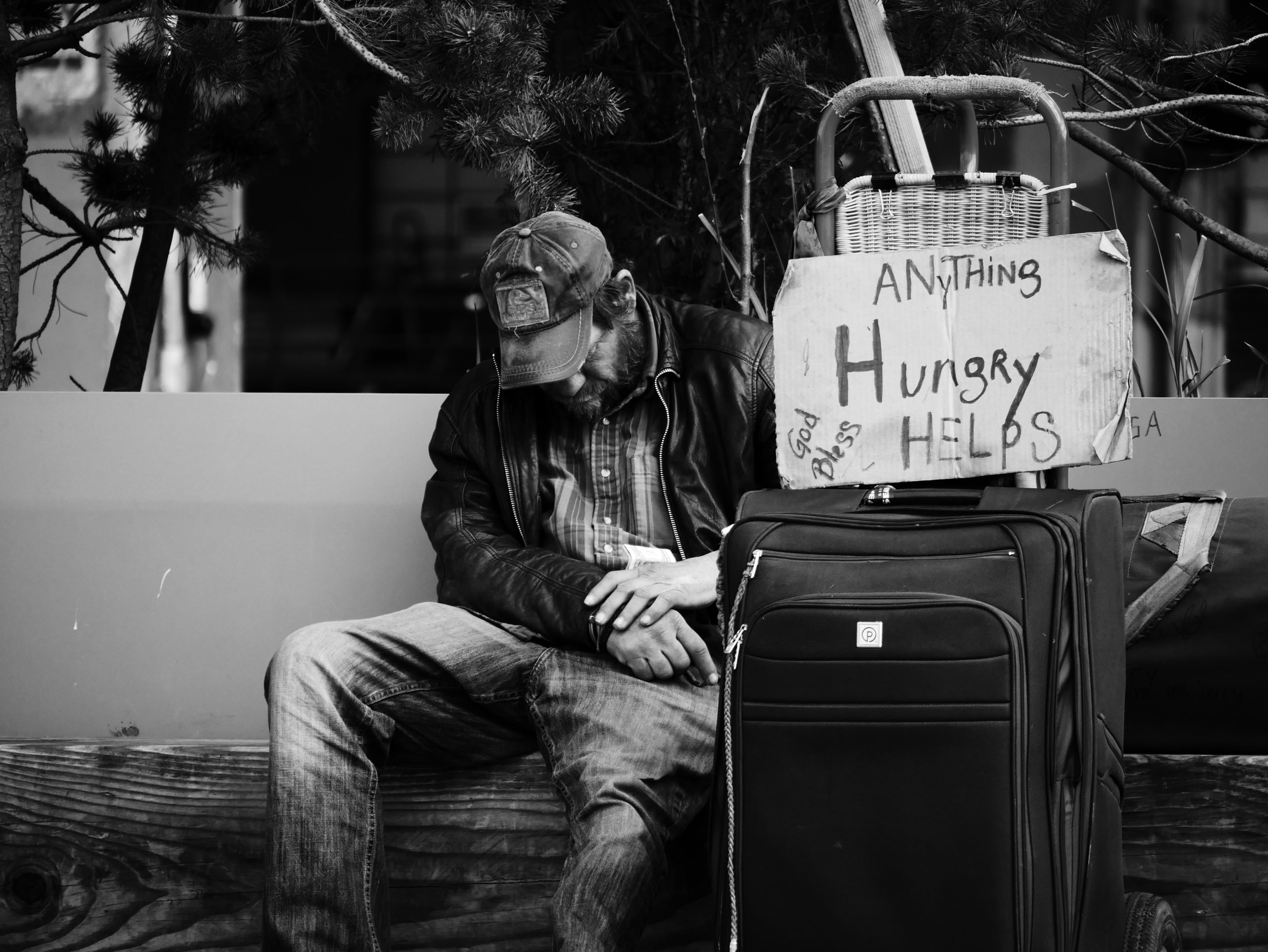The Unfinished City: A Tale of Corruption and Consequences
By Stephen Shepherd, Marketing –
In my time working in Brazil, I found myself living in the heart of the Amazon, in a small city named Coari. One day, as a Brazilian friend and I explored the outskirts, we stumbled upon a haunting scene – an abandoned area filled with half-constructed buildings, reminiscent of a ghost town frozen in time. Children played soccer on the muddy grounds of an incomplete school, surrounded by identical, roofless homes that stood as silent witnesses to broken promises.
Curiosity led me to inquire about the unfinished structures, and my friend shared a disheartening story. This neighborhood was part of a government-funded initiative meant to uplift dozens of families from poverty by providing them with homes and improved access to education. However, the dream was shattered when the funding mysteriously vanished, leaving the project incomplete and the community in despair.
The buildings, now occupied by makeshift roofs and doors crafted by the homeless locals, serve as a stark reminder of the corruption that permeates society. A handful of individuals with ill intentions managed to deprive an entire community of a brighter future, illustrating how corruption enables the elite while crushing the dreams of the poor.
Former British Prime Minister David Cameron once highlighted the impact of corruption on aid distribution, stating, “Why does aid not get through to the people who need it the most? The answer: corruption.” This sentiment resonates globally, as many countries with abundant resources find themselves plagued by a stark contrast between rich elites and widespread poverty.
The United Nations, along with Transparency International and other organizations, actively pursues global development goals aimed at eradicating extreme poverty. These goals emphasize the importance of transparent governance, improved access to education, healthcare, and better job opportunities.
Helen Clark, a key figure in the UN Development Programme, stressed that weak governance and abuse of power create formidable barriers to a nation’s development. To break these barriers, she advocated for “transparent, responsive, and accountable institutions” as crucial factors in enhancing people’s quality of life.
Rooting out corruption is among the UN’s most challenging development goals. Corrupt governments typically resist compliance, posing a significant obstacle to progress. As we navigate the complexities of corporate and political leadership, it becomes imperative to explore strategies that shield them from the allure of corruption, safeguarding the future of communities like the one in Coari.


